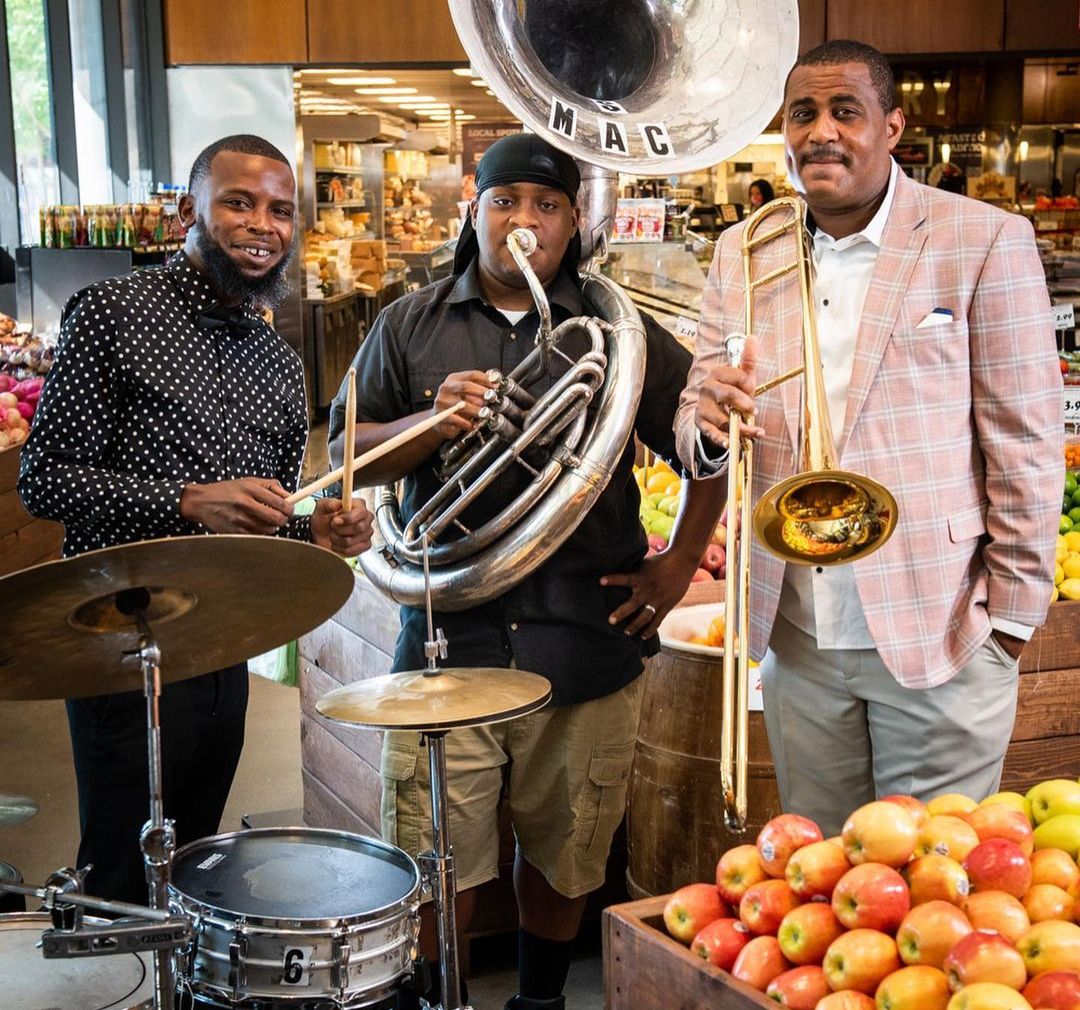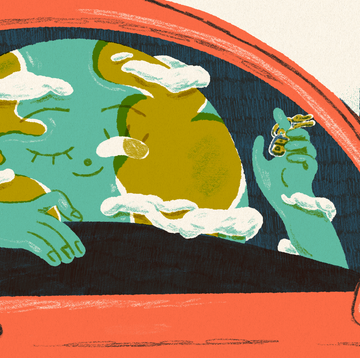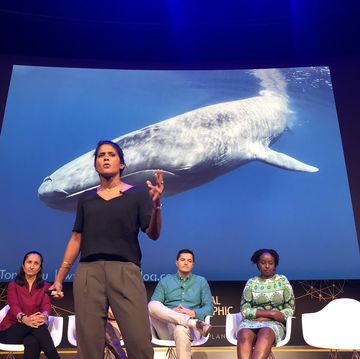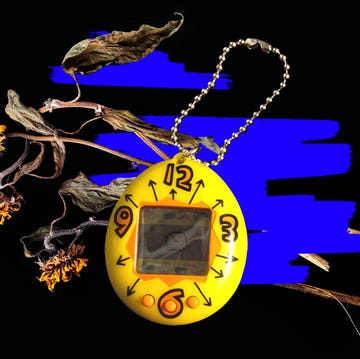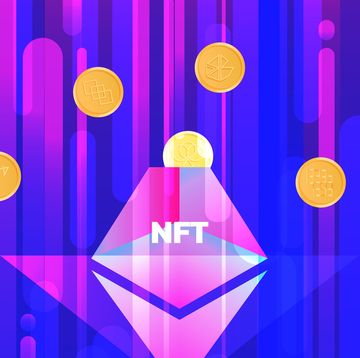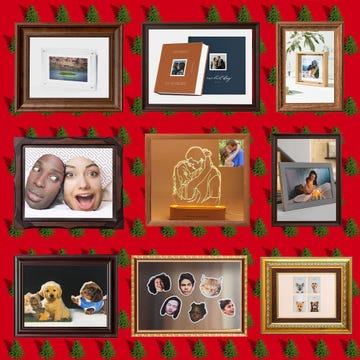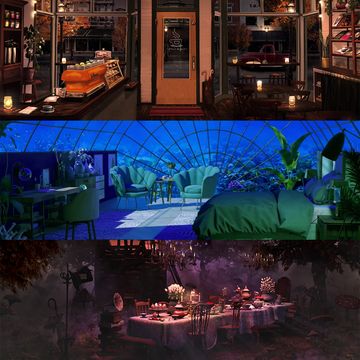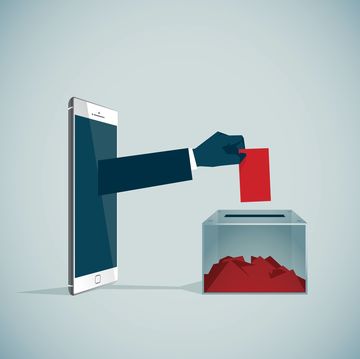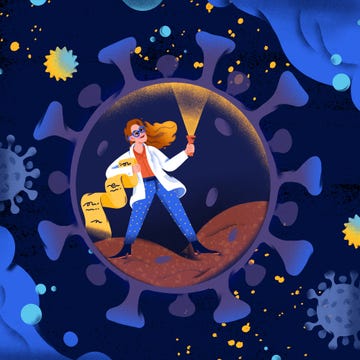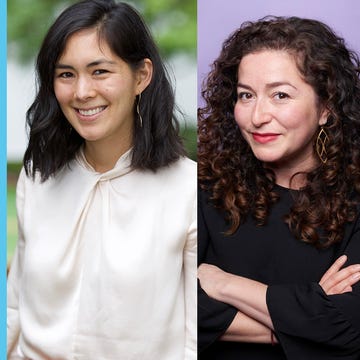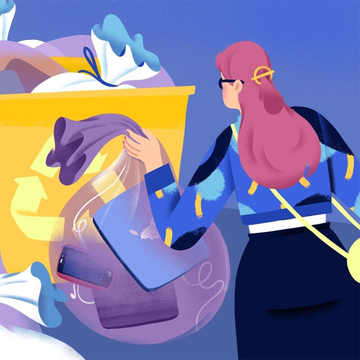Food and music are the heart and soul of New Orleans culture. At any given time, you could come across an array of street performers entertaining a crowd of onlookers. But because Covid-19 ravaged the city, New Orleans has gone silent and is void of tourists, leaving many musicians, iconic street performers, and artists out of work or housebound due to their age. But out of this melancholy situation came a ray of hope from a dedicated team of New Orleanians who wanted to help their community during the Covid crisis. Not just any squad, but the Krewe of Red Beans, a popular Lundi Gras parade known for its elaborate outfits adorned with red beans.
Created in 2008 by Devin De Wulf, the Krewe of Red Beans’ aim is to celebrate red beans and rice, a culinary staple of New Orleans. Inspired by various other New Orleans cultural practices and organizations around town, the group is grassroots and community-oriented.
De Wulf’s first outreach program during the pandemic was with Feed the Front Line, which delivered food to frontline hospital workers from local restaurants in May 2020.
Next De Wulf turned his attention to New Orleans’s iconic cultural demographic of artists and musicians that were the most vulnerable and hurt by the pandemic, and Feed the Second Line was born. Co-founded by De Wulf, Christian Davenport, Evan Goodberry, and Karen Marshall, this program provided food and employment in order to protect the city’s older generations of musicians and other cultural icons that New Orleans is famous for.
The idea behind this charity is that they pair elderly musicians and artists with their younger counterparts who will assist them with their shopping to protect them from exposure. Not only is Feed the Second Line keeping the elderly safe, but it’s also employing the younger generation who have lost jobs and gigs due to the pandemic, earning $400 a week for a few hours of work. In addition, there’s also some social interaction between the delivery person and the housebound elderly during these trying times.
Since starting this initiative, De Wulf has partnered with the Preservation Hall Foundation, Market Umbrella, and the New Orleans Musicians Clinic & Assistance Foundation in order to expand his nonprofit. Along with these partners and the donations from the public, the elderly who benefit from this program receive fresh produce, groceries, and prepared meals from local restaurants weekly.
We talked to De Wulf, a former teacher who is now a stay-at-home dad, about the inspiration behind Feed the Second Line in New Orleans.
YOLANDA EVANS: How did you come up with the concept of Feed the Second Line?
DEVIN DE WULF: It’s inspired by our parade. For the past twelve years, we have paraded each carnival with the same Brass Band and the same grand marshall. When Covid began, we immediately began checking in on Mr. Al “Carnival Time” Johnson, our grand marshall, and Mr. Benny Jones, leader of the Treme Brass Band. We wanted to make sure they didn’t have to venture to a grocery store, so various Krewe members would volunteer to pick up and deliver whatever they needed. We did this beginning in March. And after a few months, we realized that we should try to do this on a larger scale. So Feed the Second Line was born.
YE: Why did the Krewe of Red Beans feel that it was so important to protect these older and vulnerable culture bearers during this time?
DD: New Orleans culture is largely a street culture. Created and sustained by folks who live otherwise ordinary lives — but they also happen to have these very significant cultural roles. And much of this is sustained and transmitted from generation to generation. The elders teach the next generation. For New Orleans culture to thrive, each elder is a vital resource. They are special and should be protected.
YE: Who are some of the people that have benefited from donations to Feed the Second Line?
DD: Right now, we are focusing on 75 elders. There are 29 Mardi Gras Indians we are supporting, as well as members of Social-Aid and Pleasure Club parade organizers, like members of the Black Men of Labor. Another 27 parade members from various organizations in the African-American second-line community and musicians — like our grand marshal, Al “Carnival Time” Johnson, or Benny Jones.
YE: How have the city and restaurants embraced Feed the Second Line?
DD: We have always been oriented towards food. And believe food is a special part of what makes New Orleans. For the past few years, we orchestrated a restaurant-tournament of who-makes the best red beans called “Bean Madness”. This, unwittingly, helped us quickly respond to Covid since we had formed many restaurant relationships over the years. And learning who is nice and community-minded.
YE: How is this making a difference in the lives of New Orleans culture-bearers who have to shelter in place? And the out-of-work artists as well?
DD: Our effort creates multiple benefits for our people here in New Orleans. First, we are creating a few well-paying gigs for otherwise out-of-work musicians. They can earn money each week grocery shopping for the elders. For the culture-bearer-elders, they obviously can stay safe at home and not have to venture out to a grocery store — which helps protect them from Covid. But also, they are saving money when we pay for groceries. So, they can apply these savings to their rent and other bills. And finally, many are isolated and unable to have a lot of social-interactions right now, and I believe having a periodic phone-call check-in or a visitor to drop off the groceries or pick up their order forms is good. It’s a nice, positive interaction that is done in a respectful and dignified manner. Plus, for our volunteers, it’s exciting to get to meet a big chief or a baby-doll, someone is the embodiment of New Orleans culture. Many of the folks have health issues as well, making them at higher risk. And we are able to use pre-existing social networks to identify who needs support now. Basically, referrals from within each Mardi Gras Indian tribe or parade group.
Yolanda Evans is a cocktail and travel writer. Her work has appeared in Zora, Architectural Digest, Travel +Leisure, Wine Enthusiast, Lonely Planet, Forbes, Thrillist, and Punch.
Get Shondaland directly in your inbox: SUBSCRIBE TODAY
